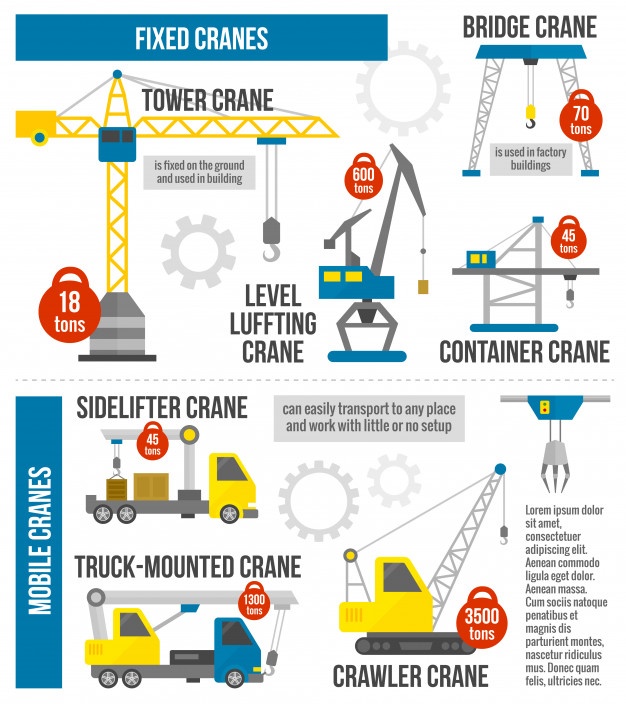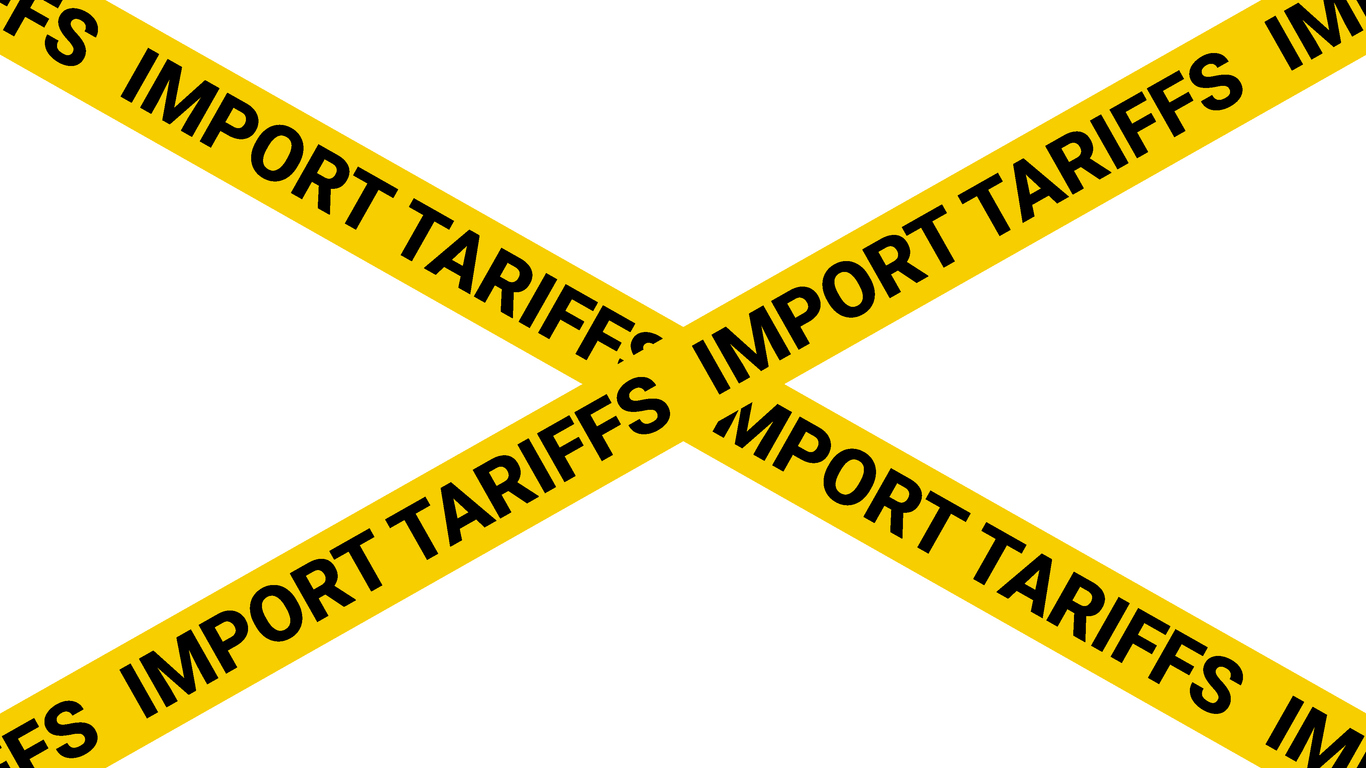How to Export Lifting Machinery from Nigeria: The Do’s and Don’ts of Shipping
How to Export Lifting Machinery from Nigeria: The Do’s and Don’ts of Shipping
As the world’s leading trading nation, Nigeria has a lot of exporting opportunities. However, exporting from Nigeria can be complicated for companies that are not familiar with the process. Many things need to be taken into consideration starting from the logistics to the importation process.
Nigeria is a member of the World Trade Organization (WTO) and has signed many bilateral free trade agreements with other countries. You will need to find out if your product falls under any of these agreements to know if you require an export license or not.
Here are some steps you should take before shipping your goods from Nigeria.
Finding out if your product needs an export license
Your products may require an export license if they are classified as “dual use” or “restricted goods”. Dual use goods are any products that could be used to make weapons of mass destruction. Restricted goods are products that could be used to make conventional weapons.
You will also need an export license if the value of your product is over $2,500 USD or if your product is an endangered species.
If your product doesn’t fall under any of the above categories, you can skip this step and head to the next section.
Make sure you understand the importation process
The importation process is the process of importing goods into Nigeria. It includes finding out if your product needs an import license, customs clearance, and making sure that the goods you are shipping are not prohibited.
One of the most important things to do before shipping your goods from Nigeria is to do your research. You will need to find out if your product falls under any of the agreements Nigeria has with other countries and whether it requires an export license.
After deciding you need a license and obtaining one, you will need to find a freight forwarder to help you with the logistics and organizing the shipment. The two most important things to take into consideration when hiring a freight forwarder is their experience and their reliability.
You will also need to decide which port to use for shipping your goods from Nigeria. You can ship your goods from Nigeria to other countries via the ports in Lagos, Port Harcourt, or Port Calabar.
Legal Agreement with the Nigerian Government
You will need a legal agreement with the Nigerian government before you start exporting. This agreement defines what you can and cannot export from Nigeria. You will need to know if your product falls under any of the agreements Nigeria has with other countries.
In addition to this, for some products, you will need a license from the Nigerian government before shipping. You will need to do some background research to determine what licenses are needed for your specific product.
When shipping from Nigeria, it is important that you know the importation process for your country. The importation process may vary depending on your destination country. You will need to research the importation process for your country in order to know what to expect when you ship your product.
Understanding Nigeria’s Import Tariff Classification System
Nigeria has a three-tier system when it comes to import tariff classification. This means that you can pay less or more in import duties depending on what you are importing.
The first tier is the most expensive and is called List 3. This includes products like luxury cars, alcoholic beverages, and tobacco products. The second tier is called List 2 and includes products like pharmaceuticals, minerals, natural gas, and oil. The third tier, List 1, includes items like clothes, footwear, and steel.
What does this mean for you? Well, if your product falls into List 3 with the most expensive import duties, then you will need to invest more in your shipping. However, if you fall into any of the other two tiers, then your shipping costs will be lower.
Understand the Logistics of Shipping from Nigeria
You should understand the logistics of shipping from Nigeria before you start. This means knowing the most appropriate way to get your cargo to the port of destination, and how to get it from the port to your final destination.
Nigeria has a number of ports, most of which are privately managed. The most popular ports in Nigeria are Lagos, Port Harcourt, and Calabar.
Lagos has vessels departing daily from the port to the UK, Italy, Antwerp, Ghent, Rotterdam, and Hamburg. You can also transport goods to Lagos by road from the northern regions of the country.
Port Harcourt is a smaller port with a limited number of daily departures. You can transport goods to Port Harcourt by road from Nigeria’s south-eastern region.
Calabar is a smaller port that is serviced by a limited number of vessels a week. Goods can be transported by road from Nigeria’s south-eastern region.
You will need to find out which ports have departures scheduled for your shipment and what type of terminal you need to use when sending your cargo from Lagos or Port Harcourt.
You will also need to find out if you
We hope this post has helped you better understand the process of exporting from Nigeria. It is important to know the correct steps to take before beginning the process, so your goods are transported in the best way possible. If you have any questions or need clarification on any of these steps, please contact an expert at RFX.








LEAVE A COMMENT
You must be logged in to post a comment.